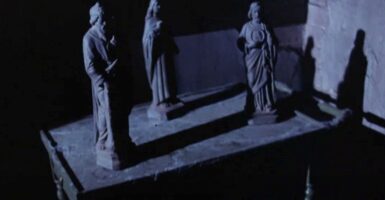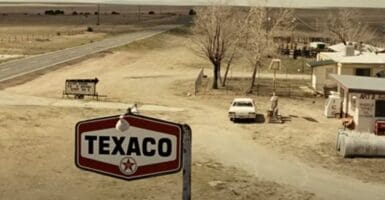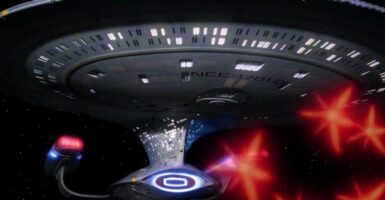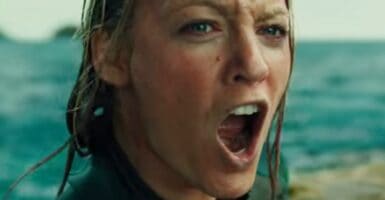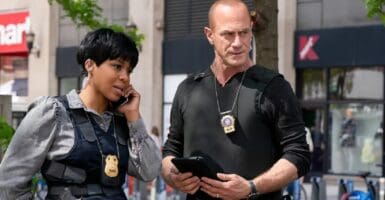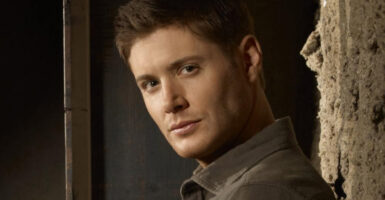Star Trek TNG Best Actor Still Confused By The Best Episode
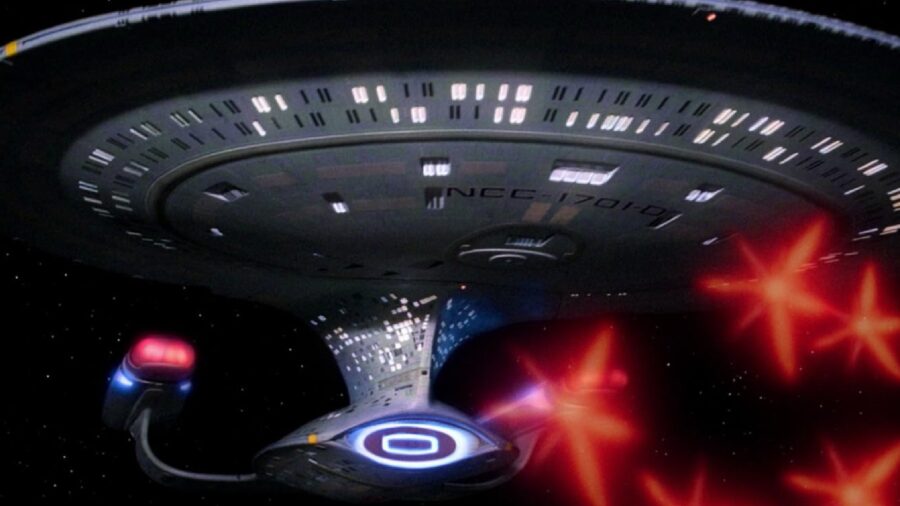
When you ask Star Trek: The Next Generation fans about their favorite episodes, one that always makes the list is “Yesterday’s Enterprise.” It’s an episode about time travel changing the future as we know it, and the quality of the episode was so good that it directly inspired the later reboot film Star Trek (2009). However, one Star Trek icon is still confused by it: according to Riker actor and veteran director Jonathan Frakes, “I do not know what the f*** happened in that episode… I’m still trying to understand it.”
Time Travel Never Means Good News

What’s not to understand about “Yesterday’s Enterprise?” To better understand Frakes’ comment, we need to touch on the plot of this standout third-season episode. The episode begins normally enough, but our familiar Enterprise-D crew soon encounters a rift in space and time that brings the Enterprise-C from the past to the future.
The Conflict
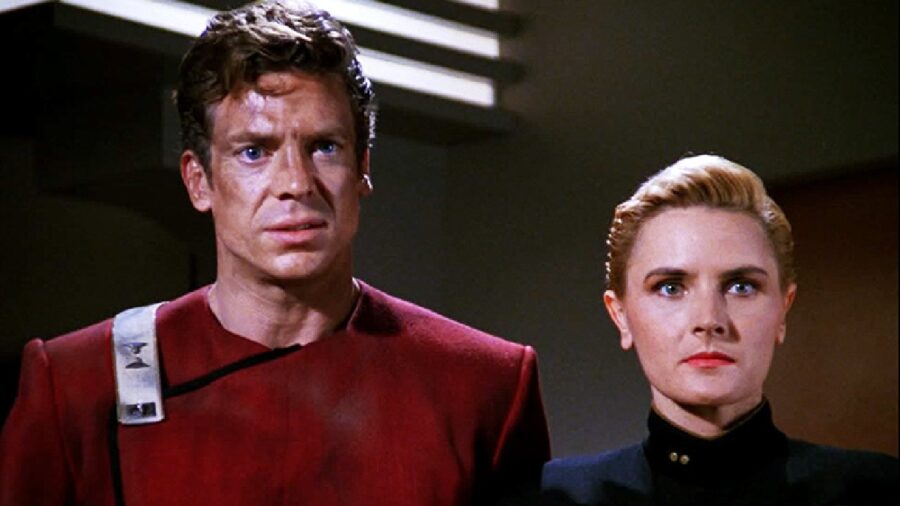
This immediately alters reality: the Enterprise-D is now more militarized, and the deceased Tasha Yar has replaced Worf at tactical. We discover that in this new reality, Starfleet is at war with the Klingons and losing badly. Sending the Enterprise-C back to the past is Picard’s only chance at possibly restoring reality, but he must wrestle with the moral implications of sending the ship and her surviving crew to certain death in the past courtesy of a vicious Romulan attack.
Time Travels Works A Bit Differently In Yesterday’s Enterprise
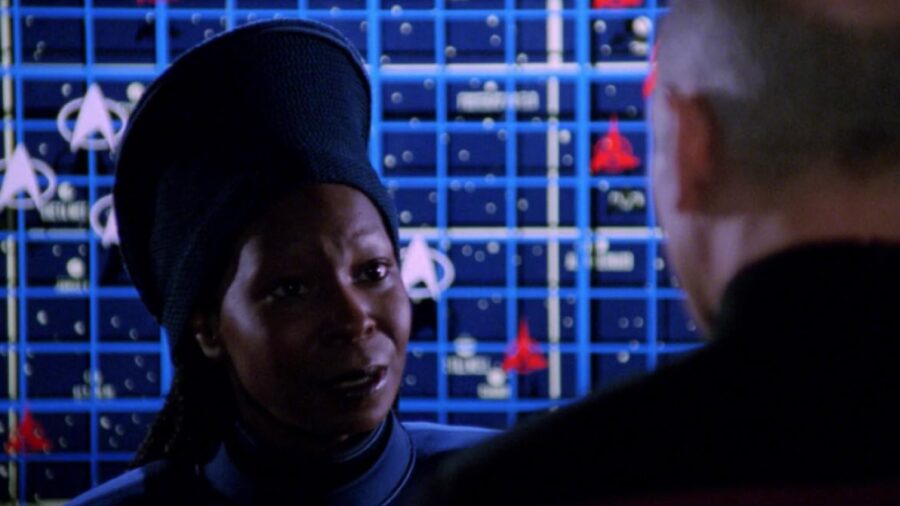
What was it, then, that confused Jonathan Frakes about “Yesterday’s Enterprise?” We can only speculate, but the safest bet is that he was confused by the nature of time travel in this episode. Most Trek episodes and films involving time travel involve characters traveling from one point in history to another–this episode features all of history changing because one ship just happens to travel through a random rift in space and time, and it’s admittedly weird to think that nothing more than flying from Point A to Point B could catastrophically doom the future.
The Paradox
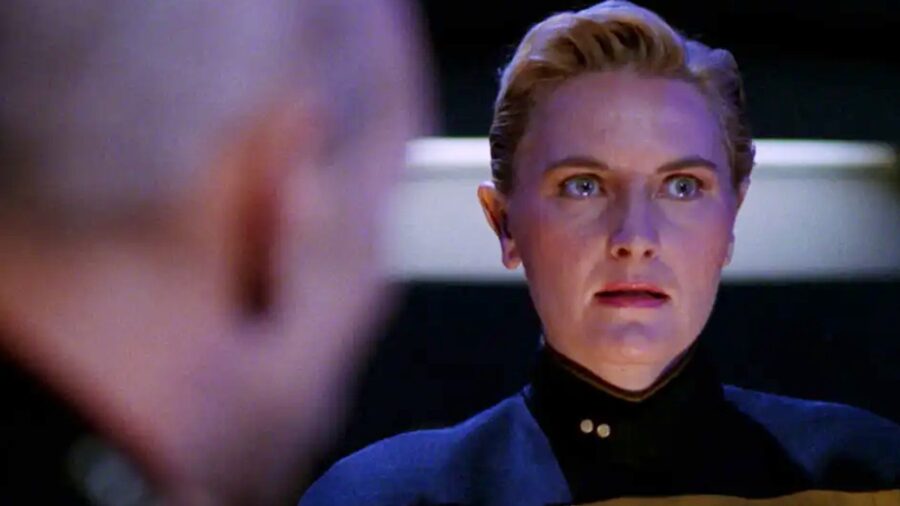
Speaking of which, another part of “Yesterday’s Enterprise” plot that might have thrown Frakes off is the somewhat paradoxical nature of time travel in this episode. We see the literal moment that reality changes as the Enterprise-C comes through the rift, and after an episode of wrestling with his conscience about the decision, reality changes back to normal after Picard sends the older ship back to the past.
It makes for great television, but it doesn’t really make sense. If the ship coming through the past was going to change reality, it would have happened long before the pilot episode of The Next Generation, so it’s strange to see this as a sudden change. For that matter, the outcome was never in doubt: the fact that we had already seen the ship and crew in the unaltered reality of earlier episodes means Picard was always destined to fix reality in this episode.
Perhaps It Helped Him Make First Contact
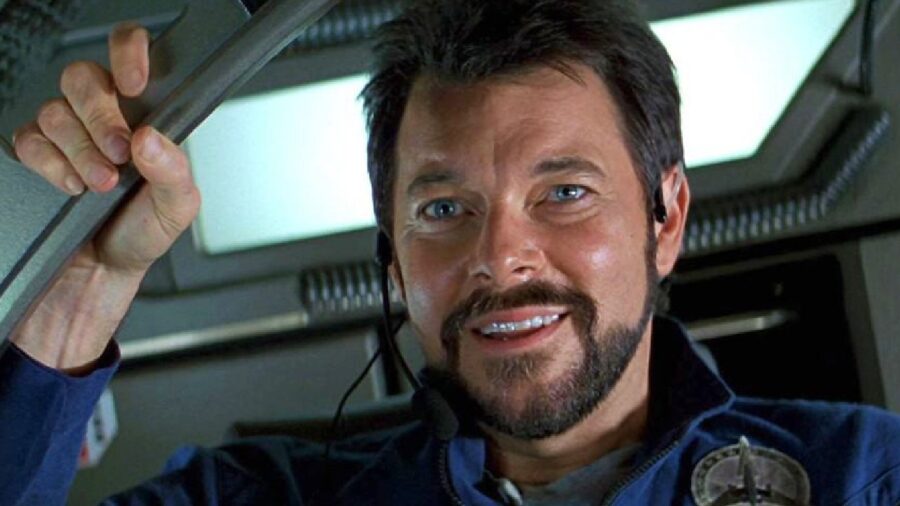
Perhaps because of Jonathan Frakes’ confusion over “Yesterday’s Enterprise,” he made the time travel in his film First Contact quite simple: the Borg open a rift in time and go through, with the Enterprise in hot pursuit. This was easy enough for even the most casual audiences to understand, which is exactly what you need in a feature film. Still, Frakes’ comment remains evergreen for Star Trek, and after any given Discovery adventure, I find myself quoting his words of wisdom: “I do not know what the f*** happened in that episode.”

